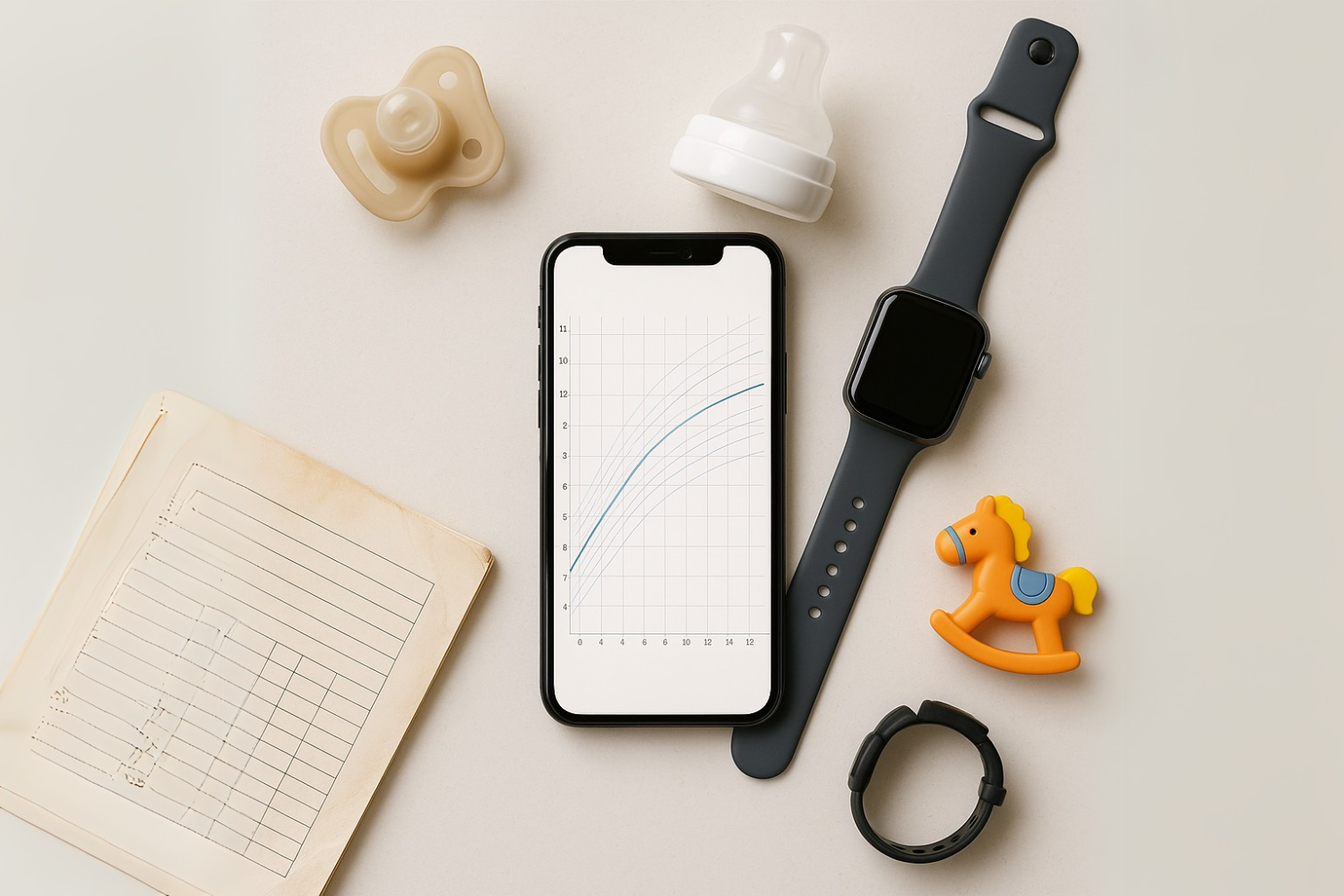AI Is Here to Improve Your Health, But Your Data Isn’t Ready
Artificial Intelligence is evolving faster than we can keep track of. But for most people, it’s still not making a difference in their health. There’s a reason for this disconnect, and a way forward.
By Renan Correa • 3 min read
News about AI disrupting every sector of society are everywhere, and healthcare is no exception. From spotting early cancers to predicting heart attacks, the advances are impressive.
But while the technology is advancing fast, most people aren’t experiencing any of that in their own lives. The reason? Their health data isn’t ready.
Data is Scattered
In one year, 14 billion laboratory tests are conducted, and pediatricians receive children in their offices more than 170 million times. Yet, much of this data ends up scattered across different portals and paper, often disorganized and hard to analyze. Without a single, structured, accessible record, even the most advanced AI cannot provide meaningful insights.
"The big problem of healthcare fields is that about 80% of medical data remains unstructured and untapped after it is created (e.g., text, image, signal, etc.). Since it is hard to handle this type of data for Electronic Medical Record or most hospital information system, it tends to be ignored, unsaved, or abandoned in most medical centers for a long time."
AI in healthcare is no longer a future promise, it’s here now, and it has the power to spot subtle patterns in lab results, growth trends, and developmental metrics. With sufficient context, it can predict health risks before symptoms arise.
But if your history is scattered or still on paper, that power is out of reach. Is your family’s data ready for AI, or is it still locked away where no system can use it?
Who’s checking my clinical data with AI?
People may assume their doctors or hospitals are already doing this work behind the scenes. After all, the data is stored somewhere in the system, right? Isn’t AI being applied to all that information? The truth is, in most cases, it’s not. Here’s why:
- Health providers may have only the data they collected themselves, not your complete history.
- Past results, when available, are often stored in incompatible systems or unstructured formats.
- Privacy regulations can limit how data is shared or used across systems.
As a result, AI tools are rarely applied to individual patient histories in any meaningful way.
If you want your family to benefit from the healthcare revolution, start by taking control of your own health data. Collect clinical information like lab results and pediatric growth records, digitize it, and store it in a way that makes trend analysis easy over time. You don’t need to be a doctor or data scientist, you just need the right tool.
Digitalization for AI
Ezm5 is a secure and intuitive space that centralizes your family’s health data, from pediatric growth tracking to laboratory exams, creating the full context of your health history that AI needs.
It can run your data through sophisticated AI models to identify trends and highlight potential concerns. The future of healthcare is here, don’t let your data hold you back.
Ezm5 can run your data through sophisticated AI models to assess trends and highlight potential concerns. The future of healthcare is arriving fast. Don’t let your data hold you back from it.
Start tracking today, own your history, and be ready for what’s next.
- preventive care
- digital health records
- pediatric health
- medical data
- AI in healthcare

